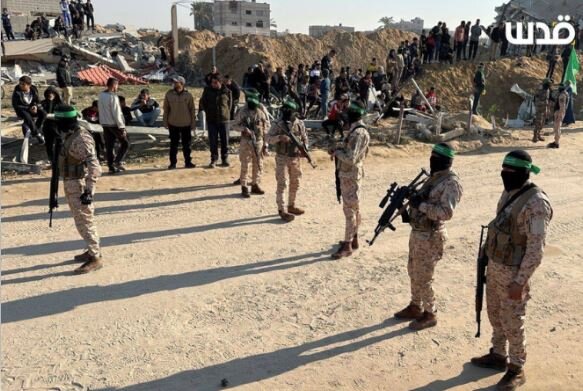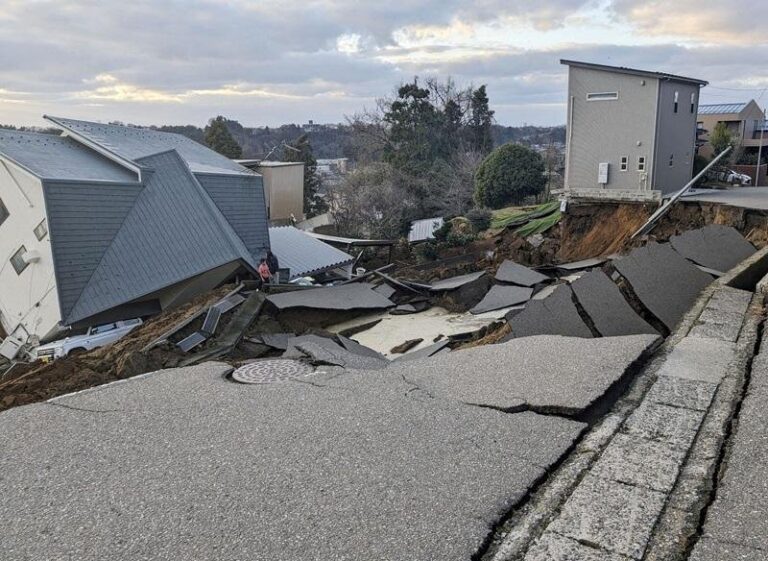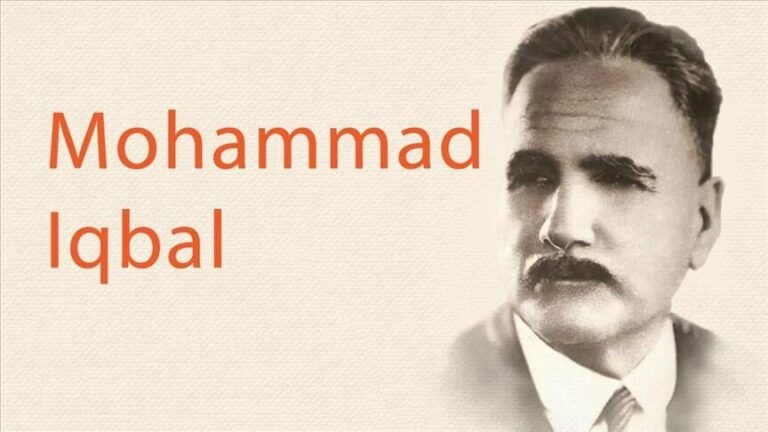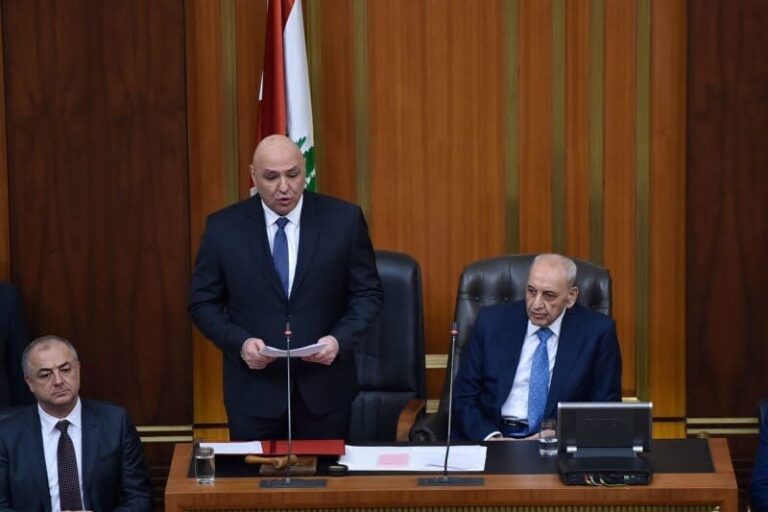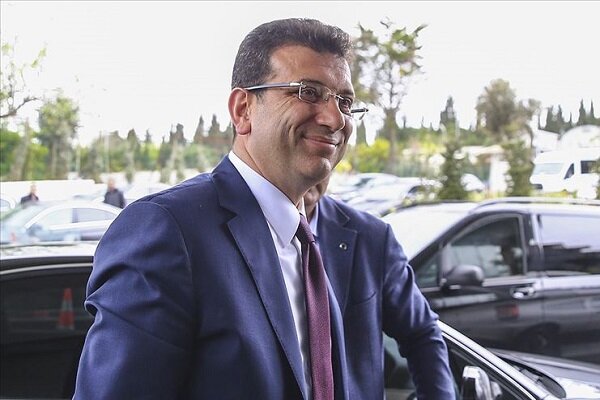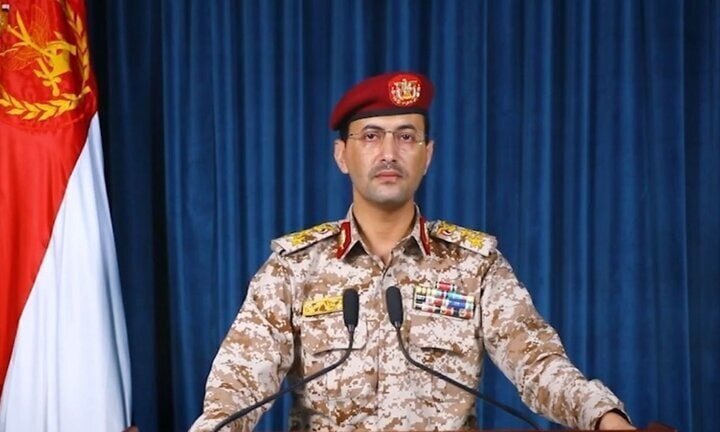Hamas Demands Release of Palestinian Prisoners Before Engaging in Negotiations with Israel
In a significant development regarding the ongoing conflict, Hamas has suspended negotiations with Israel, demanding the immediate release of Palestinian prisoners. This decision comes as Israel delays the seventh batch of a prisoner exchange deal, further complicating the already tense situation in the region.
Mahmoud Mardawi, a prominent official in the Palestinian Resistance Movement, openly declared on Sunday that Hamas will not participate in any discussions with Israel through mediators until the agreed-upon Palestinian prisoners are released. According to a report from the Palestine Chronicle, Mardawi emphasized that there would be no talks with what he referred to as the “enemy” until the prisoners are freed.
In a statement shared via Telegram, Mardawi insisted: “The mediators must oblige the enemy to implement the agreement.” His strong words highlight the frustrations felt by Hamas regarding the ongoing negotiations and the perceived lack of commitment from Israel to fulfill its obligations.
As part of a recent agreement, the Al-Qassam Brigades, which is the military wing of Hamas, successfully handed over 10 Israeli prisoners, including six who are alive, to the International Committee of the Red Cross (ICRC). This transfer took place over the course of Thursday and Saturday and was intended to facilitate Israel’s commitment to releasing 620 Palestinian prisoners currently held in its jails.
However, despite Hamas fulfilling its part of the agreement, the Israeli government has yet to release the Palestinian prisoners, leading to rising tensions. On early Sunday, the office of Israeli Prime Minister Benjamin Netanyahu issued a statement indicating that the decision to delay the release of Palestinian prisoners would persist until the next batch is secured. Netanyahu’s office further characterized the situation, claiming that “Hamas deliberately insults the dignity of prisoners and exploits them to promote political goals.”
This escalation has drawn international attention, as the situation continues to evolve. Amidst these developments, US President’s Middle East Envoy Steve Witkoff has announced plans to visit the region this week. Witkoff’s mission aims to negotiate both a ceasefire and a prisoner exchange agreement between Hamas and Israel, highlighting the critical need for dialogue in the face of ongoing conflict.
Key points regarding the current state of affairs include:
- Hamas has suspended negotiations with Israel until Palestinian prisoners are released.
- The Al-Qassam Brigades have handed over 10 Israeli prisoners to the ICRC.
- Israel has delayed the release of 620 Palestinian prisoners, despite Hamas fulfilling its obligations.
- Netanyahu’s office accuses Hamas of exploiting the situation for political gains.
- US envoy Steve Witkoff is set to visit the region to negotiate a ceasefire.
The ongoing standoff between Hamas and Israel underscores the complexities of the Israeli-Palestinian conflict. The demand for the release of prisoners remains a critical issue, with both sides holding firm to their positions. As the situation unfolds, the role of international mediators and envoys may prove pivotal in seeking a resolution.
As tensions rise, the need for effective communication and negotiation becomes increasingly evident. The future of the region may hinge on the ability of involved parties to come to an agreement that addresses the concerns of both Hamas and Israel while also considering the humanitarian implications for the prisoners involved.
In conclusion, the suspension of negotiations by Hamas marks a pivotal moment in the ongoing conflict. The demand for the release of Palestinian prisoners is a crucial aspect of the current discourse, and the international community is closely monitoring developments. As efforts to negotiate a ceasefire and prisoner exchange continue, the hope remains that a peaceful resolution can be achieved, leading to a more stable future for the region.
